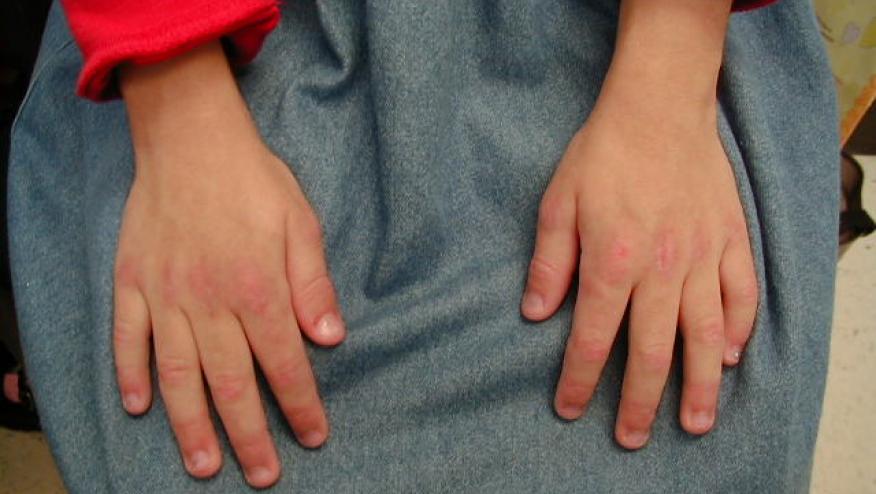Long-term Tofacitinib in Juvenile Idiopathic Arthritis Save

The long-term safety and efficacy of tofacitinib in patients with juvenile idiopathic arthritis (JIA) has been established in an ongoing long term extension (LTE) study.
In the inception phase 3 trial, 225 patients with JIA enrolled in a 44-week randomised withdrawal study found that tofacitinib reduced the flare risk by 54%, and that JIA-ACR30 responses were seen as early as week 2 and by week 18, 77% of patients were JIA-ACR30 responders. This trial included 184 (82%) with polyarticular course JIA, 20 (9%) with psoriatic arthritis, and 21 (9%) with enthesitis-related arthritis.
Of those JIA patients continuing the LTE on open-label tofacitinib, the median (range) duration of treatment was 41.6 (1–103) months). Key safety signal seen included:
Serious AEs - 34 (15.1%)
Serious infections - 10 patients (3 herpes zoster)
New uveitis - 2 patients
Patients with polyarticular course JIA had JIA-ACR70/90 response rates of 60% and 34%, respectively, at month 1, and improved over time. Disease flares were seen in <5% through to month 48.
This LTE study establishes the safety and efficacy of tofacitinib through month 48.










If you are a health practitioner, you may Login/Register to comment.
Due to the nature of these comment forums, only health practitioners are allowed to comment at this time.